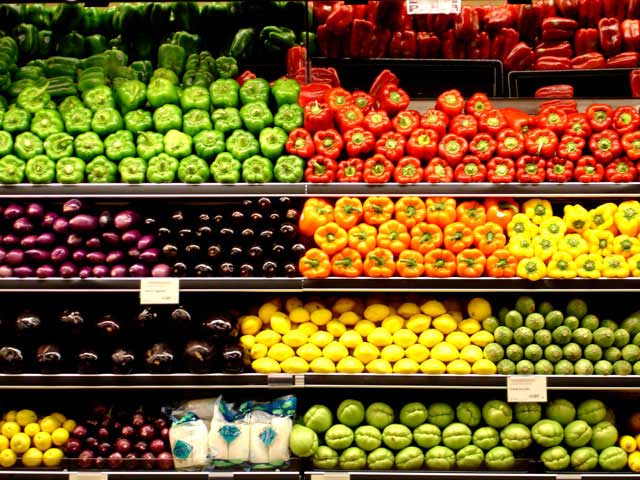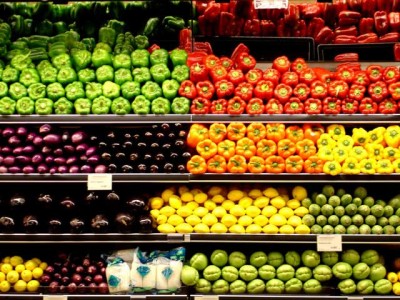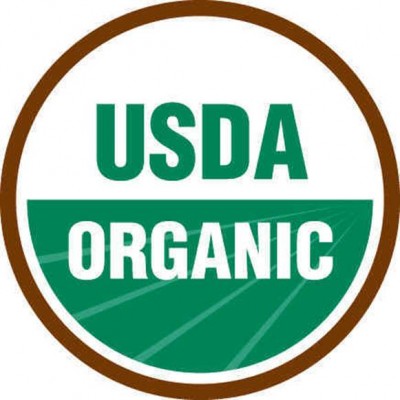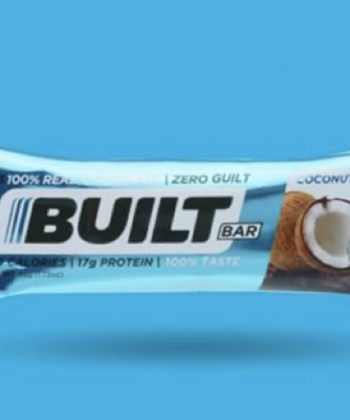AKA, the dirty dozen. These are the fruits and vegetables you should purchase organically when possible. They are listed in order from the highest levels of pesticide to the lowest. I realize organic usually means more expensive, but not always. Regardless, you should really put it in perspective when thinking about the food you are fueling your body with.
Do you eat lunch out several times a week? Stop at Starbucks frequently? What if you packed your lunch instead or dusted off your coffee pot? If you could save a few bucks here or there, you can certainly prioritize how you are spending it. I’d much rather feed my kids organic grapes, but that’s because long ago I heard them referred to as “pesticide pellets.” Lets just let that roll around your head for a minute.
Here’s your dirty dozen:
- Nectarines
- Celery
- Pears
- Peaches
- Apples
- Cherries
- Strawberries
- Grapes (imported)
- Spinach
- Potatoes
- Bell Peppers
- Red Raspberries
For the least contaminated produce, you can buy much of these without concern:
- Asparagus
- Avocados
- Bananas
- Broccoli
- Cauliflower
- Corn
- Kiwi
- Mangos
- Onions
- Papaya
- Pineapples
- Sweet Peas
When in doubt, just remember that most of the above have something in common… a thick skin which protects them from being contaminated with pesticides. In any case, you should always wash your produce thoroughly with a solution of 50/50 vinegar and water. And hey, if it’s possible, grow your own!
Live healthy,
Tiffany











